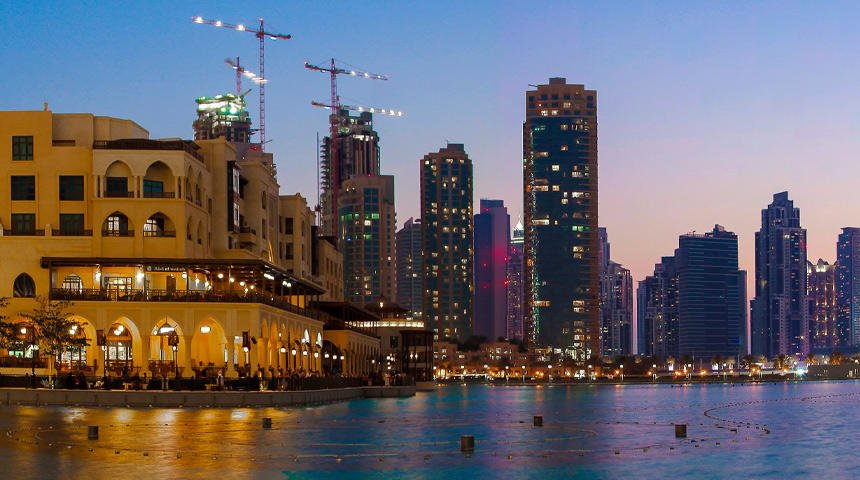
UAQ FTZ firms property in Dubai is now a reality after a landmark agreement between Dubai Land Department and Umm Al Quwain Free Trade Zone. This decision allows companies registered in the UAQ FTZ to purchase, sell, and own real estate in Dubai, one of the world’s most dynamic property markets.
This development has been hailed as a game-changer for both emirates. It not only strengthens ties between Dubai and Umm Al Quwain but also creates new investment channels for businesses operating out of the smaller emirate. By granting UAQ FTZ firms access to Dubai’s booming real estate market, the move enhances inter-emirate cooperation and positions UAQ as an attractive hub for international investors who want to enjoy the benefits of both jurisdictions.
In this article, we will explore what this change means for UAQ FTZ firms, the impact on Dubai’s property market, the advantages for investors, and the long-term outlook for UAE real estate growth.
The partnership between Dubai Land Department and Umm Al Quwain Free Trade Zone is designed to enhance investment opportunities. For the first time, UAQ FTZ-registered companies can legally own property in Dubai, including residential, commercial, and industrial real estate.
Key benefits of this agreement include:
This initiative is expected to boost demand for both UAQ company registrations and Dubai properties.
Dubai is one of the most attractive real estate markets in the world. With no property tax, high rental yields, and a steady flow of foreign investment, it consistently ranks among the top destinations for global property buyers.
Allowing UAQ FTZ firms property in Dubai gives smaller businesses and international investors based in UAQ access to:
For UAQ FTZ companies, the ability to tap into this thriving market is a significant competitive advantage.

While Dubai gains new investors through UAQ FTZ companies, Umm Al Quwain itself also stands to benefit. The emirate’s free zone is now more attractive to businesses seeking flexible investment options.
Advantages for UAQ include:
This synergy is likely to elevate UAQ’s role in the UAE’s broader business and real estate ecosystem.
For investors, this agreement unlocks several new opportunities:
This creates a win-win scenario for businesses, real estate developers, and government bodies.
Until recently, most UAE free zones operated independently, with limited crossover. Dubai has traditionally allowed foreign investors direct access, but this new model with UAQ FTZ shows a trend towards greater collaboration.
This positions UAQ FTZ as a highly competitive option for international investors compared to other emirates.
While the UAQ FTZ firms property in Dubai opportunity is exciting, there are also some considerations:
With proper planning, however, these challenges can be managed effectively.
This partnership signals a new era of inter-emirate cooperation in the UAE real estate sector. Analysts believe that such collaborations will:
In the long run, this agreement could serve as a blueprint for the future of real estate investment across the UAE.
UAQ FTZ firms property in Dubai represents a bold step toward deeper inter-emirate collaboration and greater investor opportunities. By allowing companies registered in Umm Al Quwain Free Trade Zone to own property in Dubai, both emirates benefit-Dubai gains new investors, while UAQ attracts more business registrations.
For investors, this creates a unique chance to combine UAQ’s affordable business setup with Dubai’s lucrative property market. With high rental yields, strong demand, and global recognition, Dubai real estate remains a top investment choice. The ability to access it through UAQ FTZ is a development that could reshape how businesses approach property ownership in the UAE.
As the UAE continues to innovate and create investor-friendly policies, this move is another reminder of why the country remains one of the world’s most dynamic destinations for real estate and business growth.
Do follow us: Instagram
Read More: Dubai Property Market Update: Price Trends Across Prime City Locations
